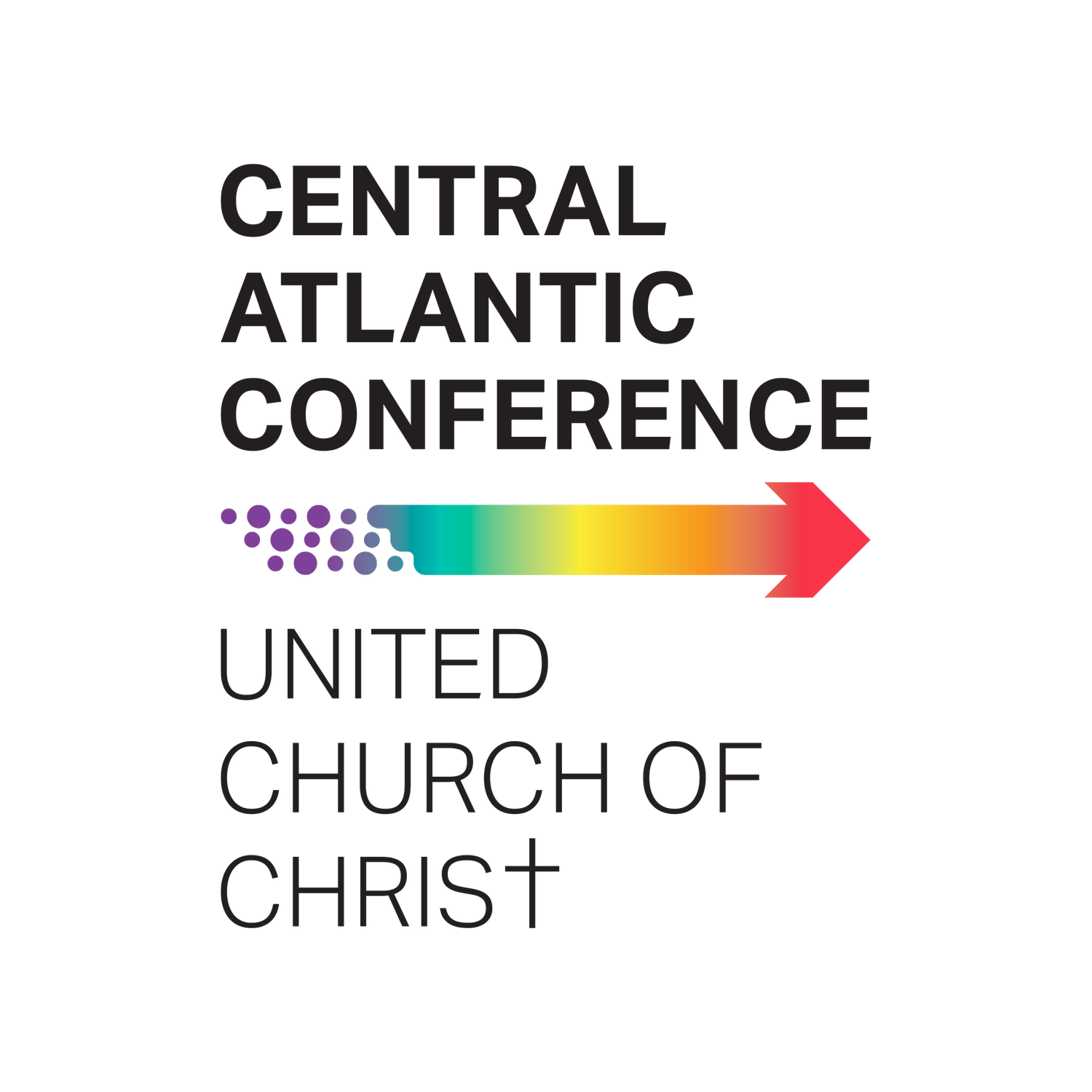
January 23, 2025
The Lord spoke to Moses in the wilderness of Sinai, in the tent of meeting, on the first day of the second month, in the second year after they had come out of the land of Egypt, saying, “Take a census of the whole congregation of Israelites, in their clans, by ancestral houses, according to the number of names …
Numbers 1:1-2a (NRSVUE)
Whenever I participate in a Read-the-Bible-in-a Year program, there are certain books I appreciate more than others. I love the time reading the foundational stories of our faith in Genesis. I can relate to the words of challenge found in the books of the Prophets – as they speak to many of the issues we wrestle with today. And in my work on behalf of the Conference, I’ve come to a deeper appreciation for the Epistles.
Every time I come to the Book of Numbers, however, my enthusiasm wanes significantly. My tendency is to simply skim the book – for I find all of the statistics incredibly boring.
My perspective on the book shifted when I heard a missionary from New Guinea speak a few years ago. He said that in his ministry, he was amazed at how some of the indigenous people enjoyed hearing such passages along with the genealogies contained in the Gospel of Matthew.
“Why on earth do they like THOSE passages?” someone in the group asked.
“Because those numbers and generational listings let them know that every individual matters. That they count!”
Ever since then, I’ve approached the book of Numbers differently. I am reminded of this experience as we are at that time of year when local church offices and pastors receive a request to fill out annual report form for their local church. The forms ask for details about membership, baptisms, demographic information about their members, and program participation.
Some see the forms as boring – and either toss the forms into the nearest recycling container or use numbers from previous years.
So why are these reports important?
Those numbers help guide both the conference and national settings of the church in our efforts to provide support for our local churches. In my work on congregational development, for instance, I noted last year that only 19 of our 158 churches reported having children’s or youth program. That’s one reason we have leaned so heavily into online programs like “Bedtime Stories & Prayers” and “The Breakfast Club”. We want to help provide some initial programming for most of our churches who reported they have no programs.
When I share the number of local churches without children’s and youth programs, I sometimes get pushback. Individuals will say, “Those numbers can’t be right. We should ignore the numbers, and go with what we think is best.” That’s a dangerous approach: to guide our efforts by our personal perspective or projections.
I wanted to use this opportunity this month to encourage our local church leaders to take the time necessary to fill out these incredibly important forms. Those numbers you enter are a reminder that your ministries DO count. And the numbers you provide will help chart a course - not only for our short-term programming but for our long-term future as well.
Rev. Craig Peterson
Associate Conference Minister
Central Atlantic Conference UCC

